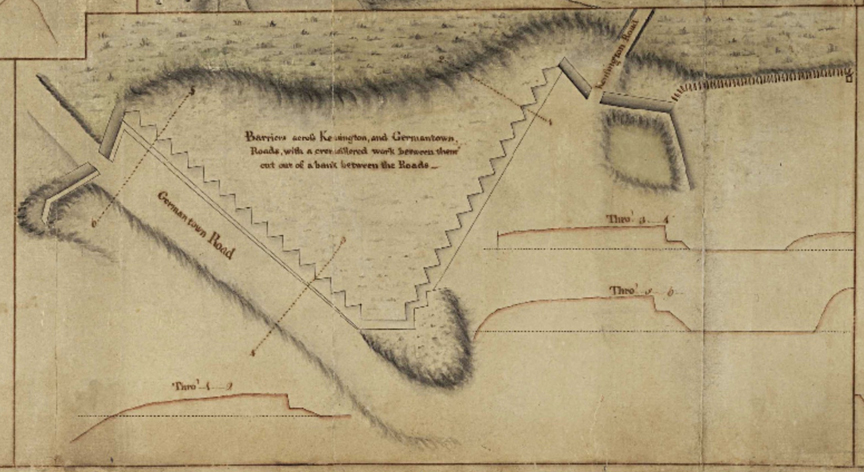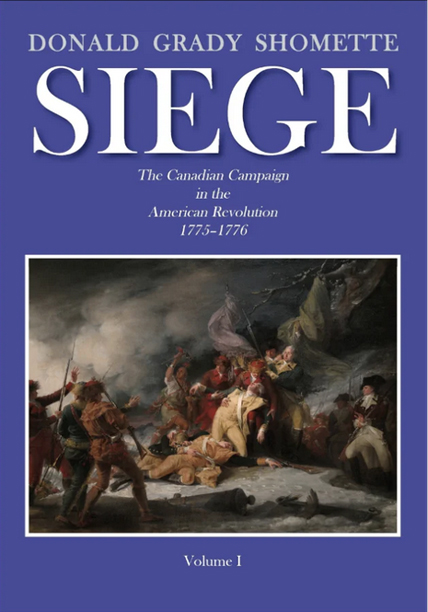John Marshall Deane was a soldier in the 1st Regiment of Foot Guards, among the oldest established regiments of the British army, in March 1708 when his regiment, serving in Belgium, was ordered to Scotland. They marched from Ghent to the port of Ostend where they boarded transports on March 15. They spent five weeks on board, waiting for favorable winds, sailing part of the way to their destination, learning that their mission was cancelled, and returning to Ostend where they disembarked on April 21.
Deane wrote a memoir of his service in Belgium, or Flanders as it was called at the time, which was not published until 1840. Of his time shipboard, he wrote,
While we lay on board we had continual Distruction in ye foretop; ye Pox above board; ye Pleague between Decks: hell in ye forecastle, and ye Devil at ye Helm.1
The printed edition of his journal, presumably reflecting his handwriting, used the “y” character to emulate a handwritten character that gave the “th” sound, a style of writing that had largely fallen out of use by the end of the eighteenth century and which causes modern readers to read “ye” instead of “the.”
Deane’s language is colorful, and may be familiar to students of the American Revolution, because at some point in the late nineteenth century an author incorrectly stated that it was written about a voyage from England to New York in 1776. Since that first error, it has been widely repeated—the passage appears in Richard M. Ketchum’s Decisive Day (1974),2 John Ferling’s Almost a Miracle (2007),3 and other books. The spelling is usually modernized.
The passage caught my attention while working on my new book Noble Volunteers: the British Soldiers Who Fought the American Revolution. I’d seen it before, but took notice of it in Edward R. Curtis’s The Organization of the British Army in the American Revolution, where it is attributed to “an officer of the Guards, who was going with a detachment to join Howe at New York.”4 I’ve made it a point to seek out and read every known account by British officers and soldiers who served in America, so I immediately wanted to know which officer wrote this, and what else he had to say. Curtis’s footnote, though, cited another book rather than the original writer—Henry Belcher’s The First American Civil War, published in 1911. Checking that book aroused my suspicions, because Belcher attributed the quote to “a non-commissioned officer of the Guards” rather than an officer.5 A small difference, but an indication that something was amiss. And it whetted my appetite, because writings by non-commissioned officers are exceedingly rare. But Belcher gave no source for the quotation.
Today we have an advantage that these previous writers did not: the Internet. A few minutes of searching took me to a book from the nineteenth century that cited the passage correctly to Deane’s journal of the 1708 campaign, and with the correct title it was easy to find the original published source. Belcher was the earliest work I found that incorrectly dated the passage to 1776; he may have taken it from an earlier secondary source, or gotten his notes mixed up.
Deane’s writing about his time on a transport is amusing and vivid, but has nothing to do with the American Revolution. Its frequent misuse illustrates why the Journal of the American Revolution insists that contributing authors rely mainly on primary sources—just because a quotation appears in the work of a credible author doesn’t mean that it is accurate.
[1]John Marshall Deane, A Journal of the Campaign in Flanders 1708 (no pubisher, 1846), 6.
[2]Richard M. Ketchum Decisive Day: the Battle for Bunker Hill (New York: Doubleday, 1974), 13.
[3]John Ferling, Almost a Miracle (London: Oxford University Press, 2007), 126.
[4]Edward R. Curtis The Organization of the British Army in the American Revolution (New Haven: Yale University Press, 1926).
[5]Henry Belcher, The First American Civil War (London: MacMillan and Co., 1911), 255.









4 Comments
Thank you Don for this article. Yes, we must check and/or verify our sources to ensure they are accurate. You have made this point in our numerous e-mail exchanges. I’m looking forward to getting a copy of Noble Volunteers for my 50th birthday. Merry Christmas to you and the entire JAR Team.
I have the same suspicion of two well known memoirs, from Benjamin Tallmadge and Samuel Shaw, both published many years after their deaths, but frequently used as sources.
Good work Don.
Yea verily. Spot on.